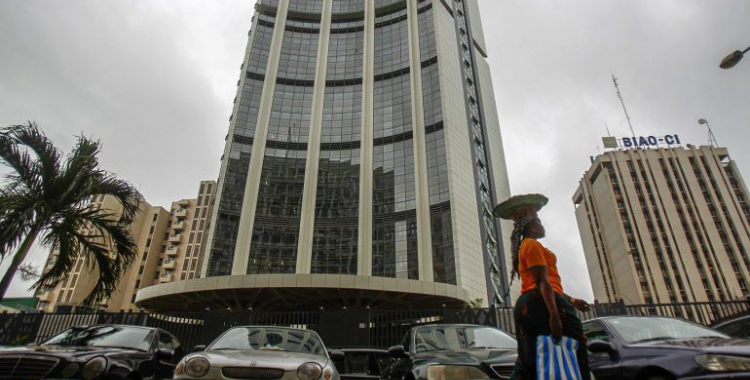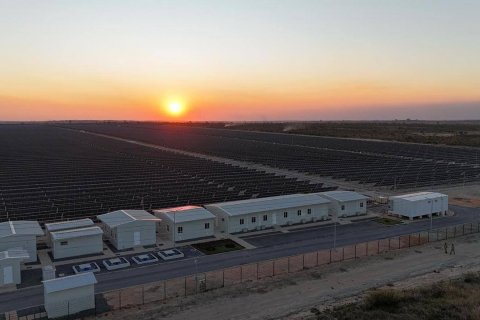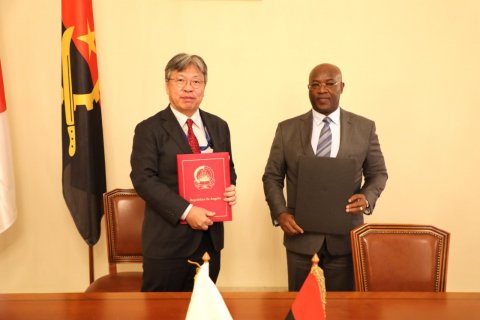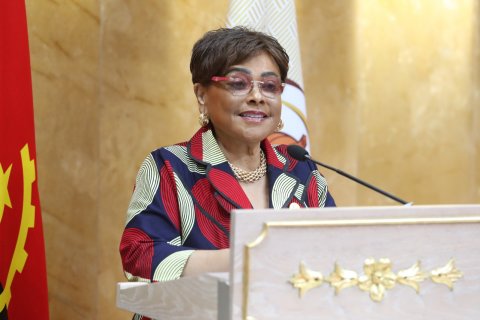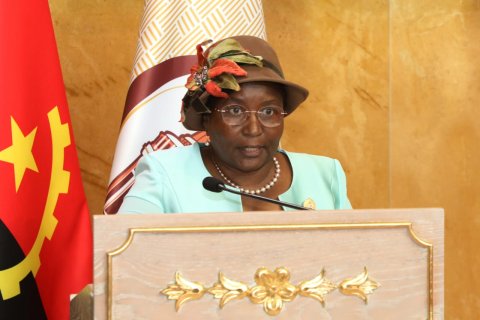"They are really bad, first of all because you can't give a fair price to the assets", said the president of the ADB in an interview with the American news agency Associated Press in Lagos, Nigeria, adding: "If a country has minerals or oil in the ground, how do you set a price for a long-term contract, that's a big challenge."
Linking future revenues from natural resource exports to loans is often a mechanism used by countries to receive advance financing to pay for infrastructure projects, and for creditors it is a way to reduce the risk of not being paid.
Angola, for years, used this mechanism in loans given by China, for which oil was offered as collateral and, often, was the means of payment itself.
The energy transition has encouraged the use of electric vehicles and caused a spike in demand for minerals, which has increased the use of this type of loans in countries such as the Democratic Republic of Congo, rich in cobalt, by China, which is thus able to strengthen its position in the global supply chain for electric vehicles and other technological products.
"There are several reasons why I say that Africa should end these loans based on natural resources", said Adesina, highlighting the Alliance for Green Infrastructure, an ADB initiative with the aim of "helping countries renegotiate these asymmetric, opaque loans and wrongly evaluated".
In the interview, Adesina cited the case of Chad, which fell into a serious financial crisis due to a loan from Glencore, which ended up consuming almost all oil revenues, instead of being channeled into financing projects that promote development.
At least 11 African countries have used this type of loans from companies and banks such as Glencore, Trafigura and Standard Chartered Bank, about which multilateral development banks have been quite critical.
The AP asked these three entities for comment, and only Trafigura responded: "These firms are enabling production that would not otherwise be possible, which means they are enabling economic growth, job creation and tax revenue generation in countries concerned".

